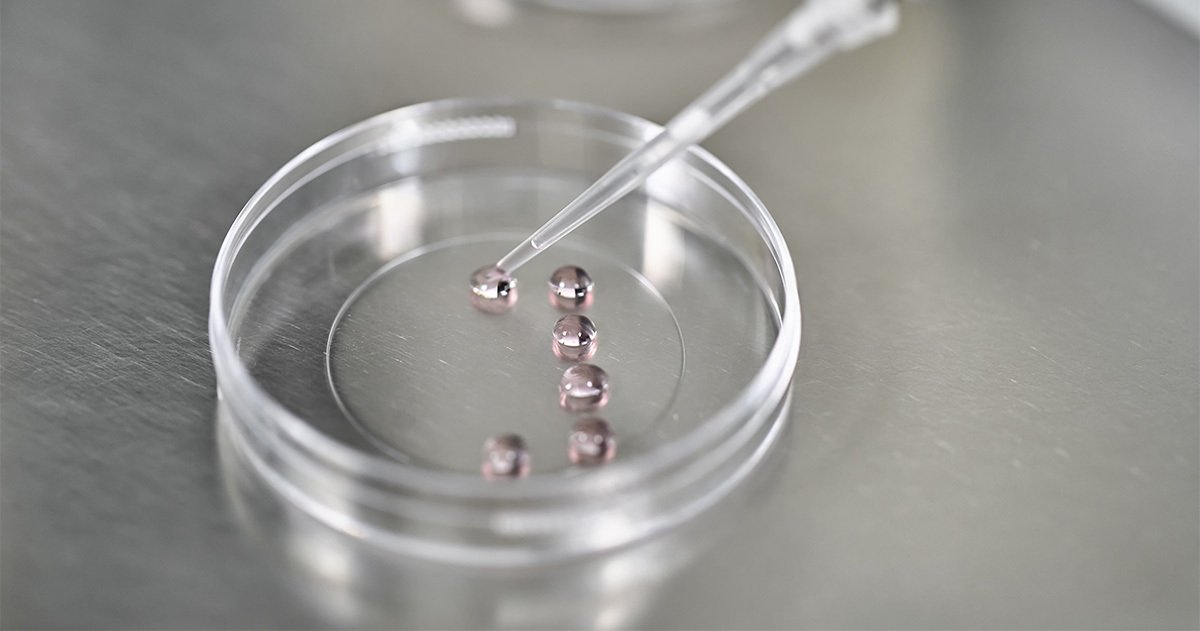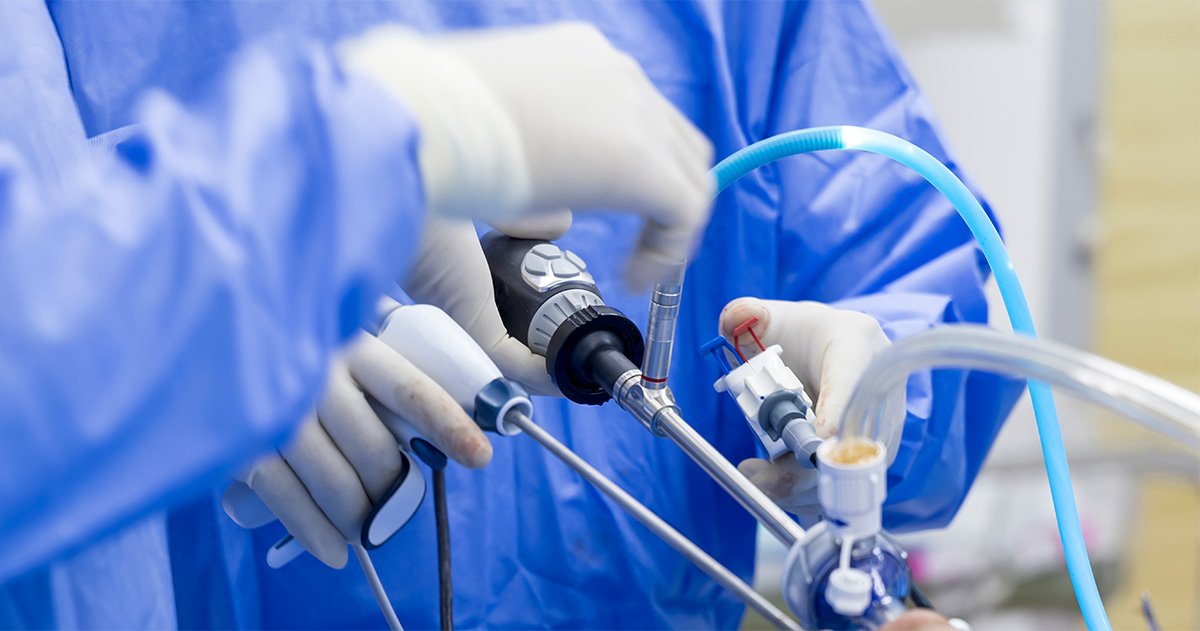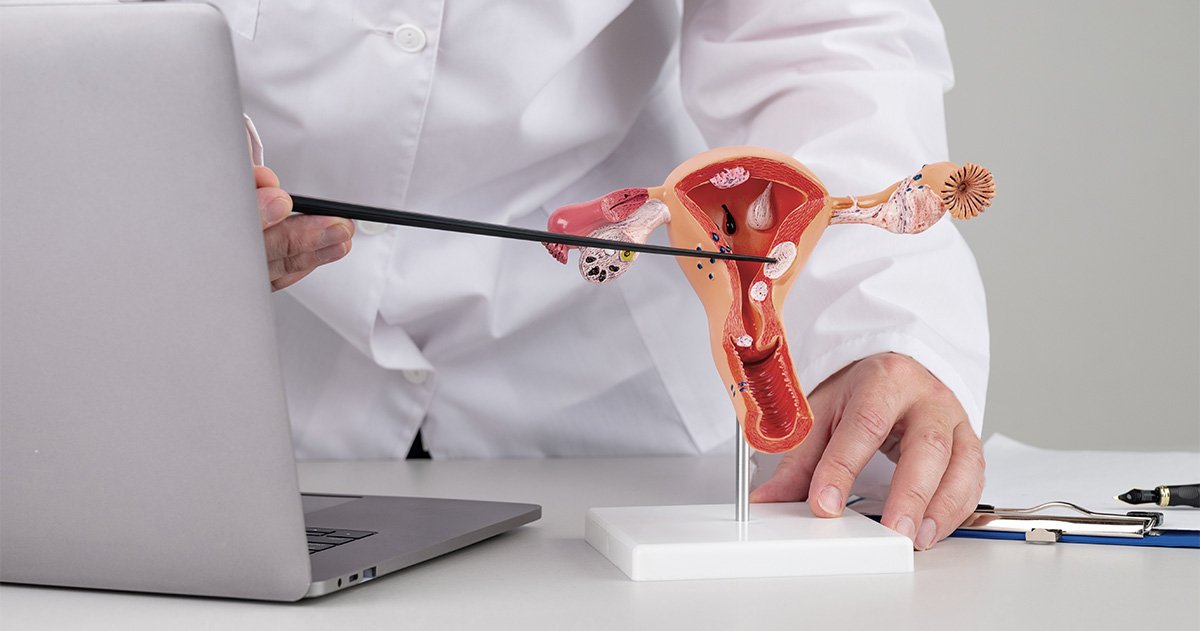Fertility Screening
Every pregnancy journey starts with a fertility screening to assess and ensure your reproductive health and ability to conceive. Comprehensive fertility screening tests are done to identify any potential issues, and allow your fertility specialist to create a personalised treatment plan tailored to your body and needs.
Learn More
- Fertility Screening
- In-Vitro Fertilisation (IVF)
- Artificial Insemination (IUl)
- Fertility Surgery
In-Vitro Fertilisation (IVF)
In-vitro fertilisation refers to a series of processes where a healthy egg and sperm are collected and combined in a laboratory setting. After successful fertilisation, the resulting embryos are then returned for implantation in the mother’s uterus.
An entire IVF cycle is time-sensitive, and takes about 4 to 6 weeks from the start of ovarian stimulation to the embryo implantation.
Learn More
- Fertility Care
- Embryo Transfer
- Intra-Cytoplasmic Sperm Injection (ICSI)
Intrauterine Insemination (IUI)
Intrauterine Insemination (IUI) is a type of artificial insemination where the sperm is washed and introduced directly into the uterus, bypassing the cervix, during a woman’s ovulation period. By bypassing the cervix, it allows the patient to overcome cervical issues, increases sperm concentration and reduces the distance needed for the sperm to travel to the egg.
Learn More
- Minimally-invasive Procedure
- Artificial Insemination
- Fertility Treatment
- Sperm Concentration
Elective Egg Freezing (EEF)
Elective Egg Freezing, also known as oocyte cryopreservation, refers to the process of extracting, freezing and storing a woman’s eggs for future use.
After a thorough medical evaluation, the ovaries are stimulated to produce multiple eggs. Once these eggs have reached maturation, they are safely retrieved using a minimally invasive transvaginal ultrasound-guided needle aspiration, and frozen in subzero temperatures for preservation and future use. This makes it a valuable option for women who wish to plan their pregnancy and preserve their healthy eggs for family planning.
Learn More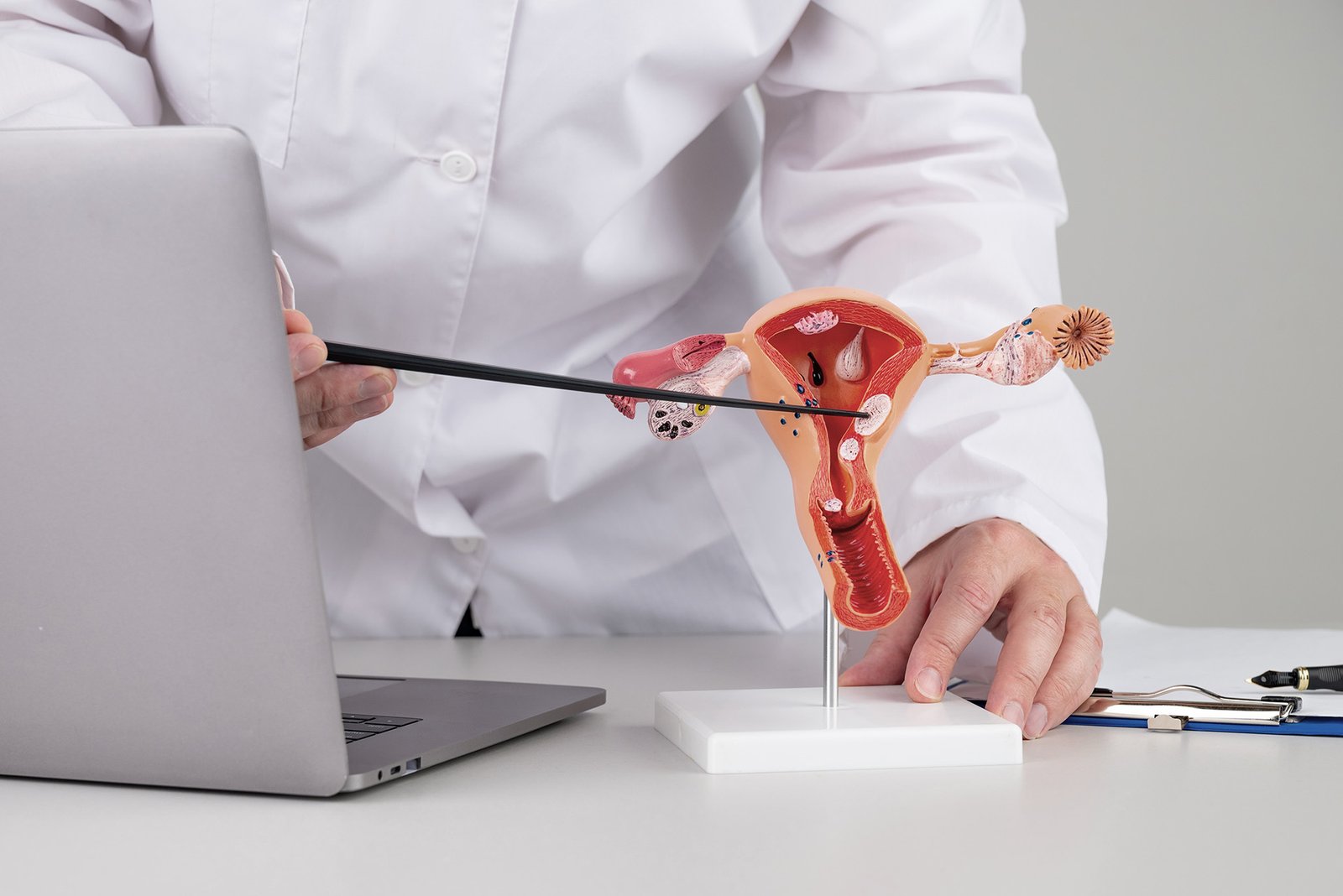
- Social Egg Freezing
- Fertility Preservation
- Egg Vitrification (Freezing)
Obstetrics & Gynaecology
In a pregnancy, it is important to ensure that your pregnancy is healthy.
In the first 12 weeks of pregnancy (1st trimester), scans are important to confirm the viability and location within the womb. Repeat scans are important to determine the estimated due date and identify any multiple pregnancies.
A fetal abnormality scan at 18-21 weeks of gestation will be scheduled to confirm whether your baby is developing normally. In the final trimester, your baby will be monitored closely for growth and you will be screened for gestational diabetes.
There will be a discussion on the delivery options and your doctor will keep track of your pregnancy progress and offer assistance.
Learn More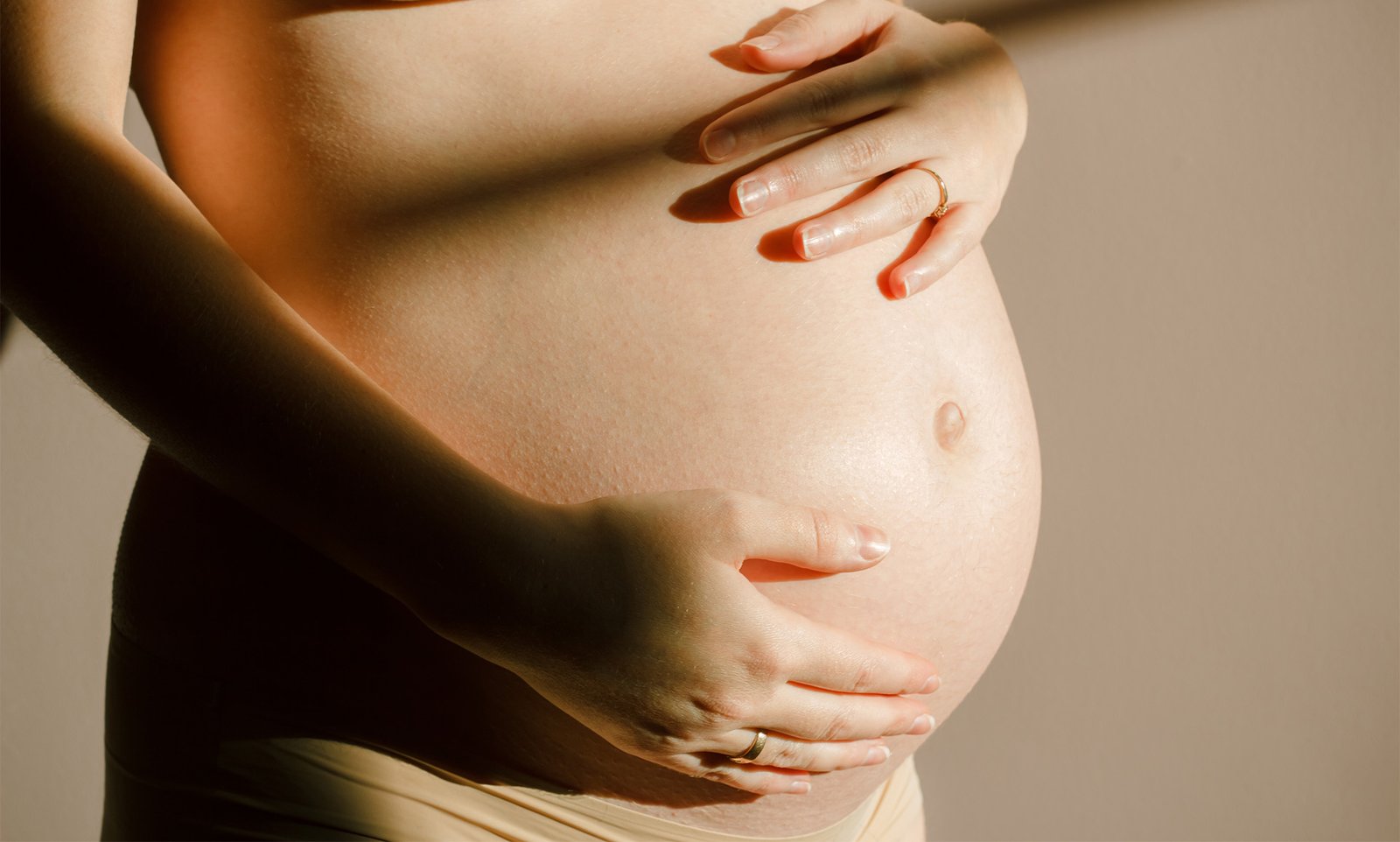
- Women’s reproductive health
- Pregnancy care
- Childbirth
- Postnatal care
Our Doctor



Dr Tan Heng Hao 陈行灝
Senior Consultant Fertility Specialist, Obstetrician & Gynaecologist Visiting Consultant KK Hospital
MBSS (Singapore),
MMed (Obstetrics & Gynaecology - Singapore),
FRCOG (United Kingdom),
FAMS (O&G, Singapore)
SMU Graduate Diploma in Healthcare Management & Leadership
Dr Tan Heng Hao is an experienced Singapore Ministry of Health (MOH) accredited IVF Specialist, Senior Consultant Obstetrician and Gynaecologist, Advanced Minimally Invasive Surgeon with more than 25 years of experience. He was the Medical Director of Alpha IVF Center in Singapore from 2019 to 2024.
Find out more about our Fertility SpecialistYou don’t need to wait until you’re starting a family to get a fertility screening
— it’s recommended to consider one in your mid-30s if you haven't yet conceived.
Fertility screening involves a thorough set of tests designed to detect potential issues, allowing your specialist to develop a personalised treatment plan tailored to your unique situation.
A typical fertility screening includes:
- Review of your medical history and a physical examination
- Pelvic ultrasounds
- Hysterosalpingography (HSG)
- Hormone blood panels
- Ovarian reserve assessment
- Ovulation testing
- Semen analysis for your partner
Identify any potential issues, and allow your fertility specialist to create a personalised treatment plan tailored to your body and needs.

